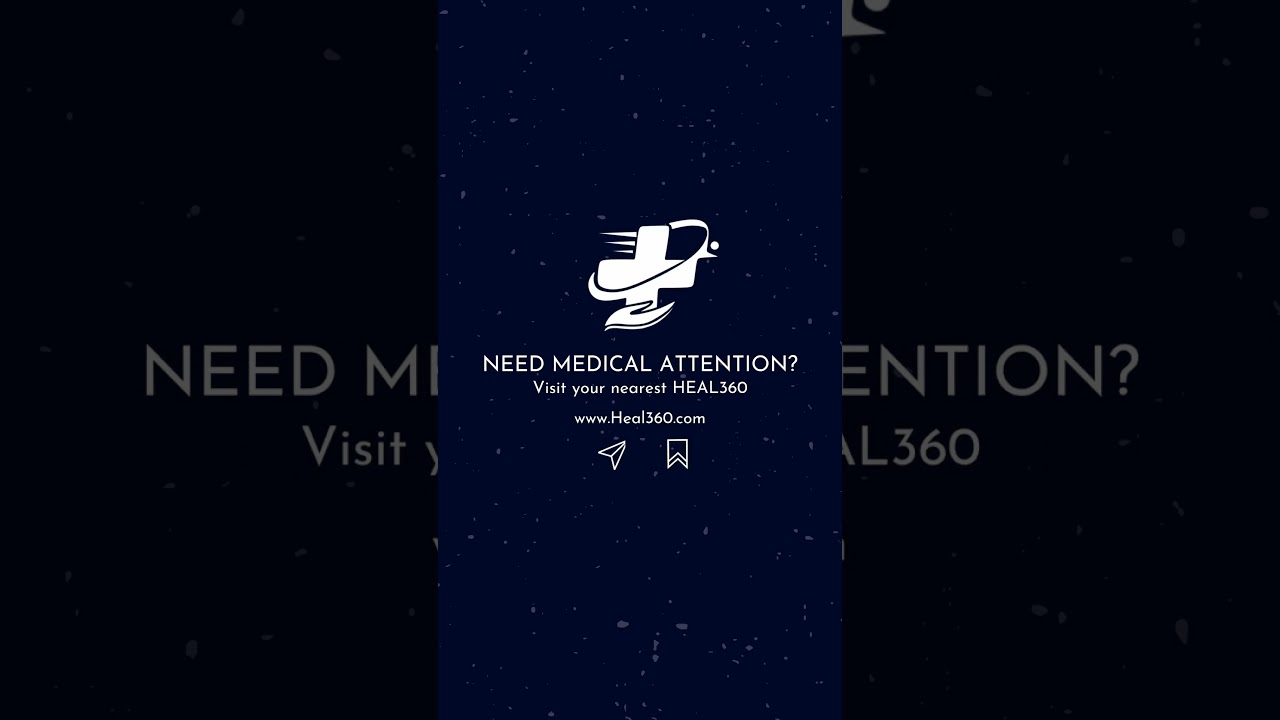Pregnancy is a time when not only is the mother taking care of her health, but she’s now taking care of something growing inside her. There are certain foods that can affect the health of the baby more than others. Here are some suggestions for what to avoid and what to eat when pregnant.
AVOID
1. Unwashed fruits and vegetables: Be sure to wash off harmful bacteria. Some fruits and vegetables may have harmful bacteria even if you wash them. Be particularly careful not to have raw sprouts (cook them), which are clover, alfalfa, mung bean and radish.
2. Unpasteurized foods – Some dairy products have not undergone the process of pasteurization. They could have foodborne illnesses. Examples of these would be brie, blue cheese, and feta.
3. Uncooked poultry, meat, and raw eggs – Any of these could have food poisoning and/or foodborne illnesses. Ready-made salads and sandwiches with tuna and chicken salad shouldn’t be eaten either.
4. Seafood that’s high in mercury – It can damage the baby’s nervous system. The FDA has said not to have the following seafood when pregnant which includes bigeye tuna, king mackerel, swordfish, tilefish, orange roughie, and marling.
5. Alcohol – The risk for stillborn and miscarriage is higher when alcohol is consumed. The baby’s intelligence could be lowered, and fetal alcohol syndrome is possible.
6. Excessive caffeine and herbal teas – It is unclear if the liquid is reached by the baby so it’s best to not have these.
TRY TO EAT
1. Seafood options that have little to no mercury – The Dietary Guidelines for Americans advises pregnant people to have 2 – 3 servings of 8 to 12 ounces (224 to 336 grams) of seafood a week. The safe types include anchovies, black sea bass, catfish, cod, oysters, pollock, salmon, sardines, shad, shrimp, freshwater trout, herring, light canned tuna, sole, tilapia, and whitefish.
2. Legumes – They’re high in protein, fiber, folate, iron, folate, and calcium. These include peas, soybeans, lentils, beans, soybeans, chickpeas, and peanuts.
3. Leafy greens and broccoli – They have vitamin A, calcium, iron, folate, fiber, vitamin C, vitamin K, and potassium. Kale and spinach would be examples.
4. Sweet potatoes – They’re high in Vitamin A which is essential for the baby’s development. They also are high in fiber.
5. Berries – These are healthy carbohydrates that have antioxidants, provide water, vitamin C, and fiber.
6. Water – During pregnancy, blood volume increases by 45% so hydration is a must. More water helps with digestion to avoid constipation and can help prevent urinary tract infections.
7. Avocado – These are a monosaturated fatty acid with vitamin B, fiber, antioxidants, vitamin K, vitamin E, vitamin C, potassium, and copper. They’re a healthy fat that builds the brain and skin.
8. Lean meats and eggs – Lean chicken, pork, and beef have higher amounts of protein, iron, choline, and other B vitamins. Higher amounts of all of these are needed during pregnancy. During the third trimester, blood levels increase so more iron is especially needed then.
9. Whole grains – They have vitamins and fiber. It is better to pick whole grains over simple carbohydrates that are typically processed such as white bread and pasta. Some whole grains like oats and quinoa have protein and magnesium.
10. Dairy products – Calcium is important but the dairy needs to be pasteurized. Low-fat varieties of yogurt, cheese, and milk are good choices instead of high fat and high salt types.
Taking care of ourselves is enough responsibility, but when growing a baby, its time to be extra proactive about eating a healthy diet. It may be the motivation to eat healthy that someone needs. Food choices and decisions are constant, but when it becomes a lifestyle be it pregnant or not, healthy habits become easier to adhere to over time.
Foods You Should Be Eating While Pregnant (clevelandclinic.org)
Nutrient Intake During Pregnancy – Journal of Obstetric, Gynecologic & Neonatal Nursing (jognn.org)
Diet in pregnancy—more than food – PMC (nih.gov)
Nutrient Requirements during Pregnancy and Lactation – PMC (nih.gov)



